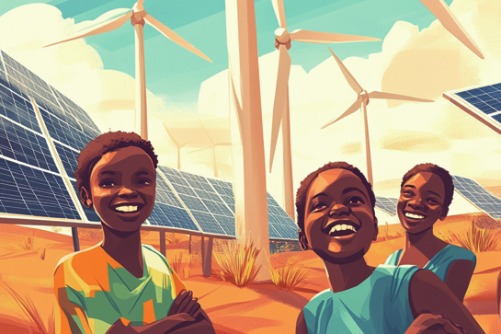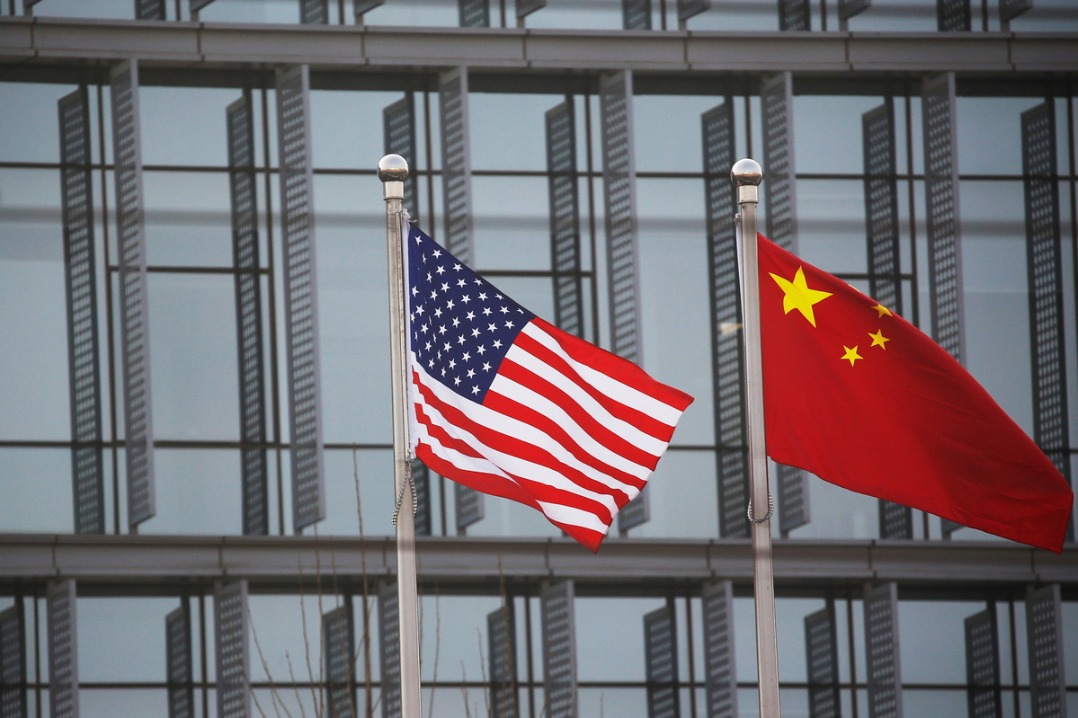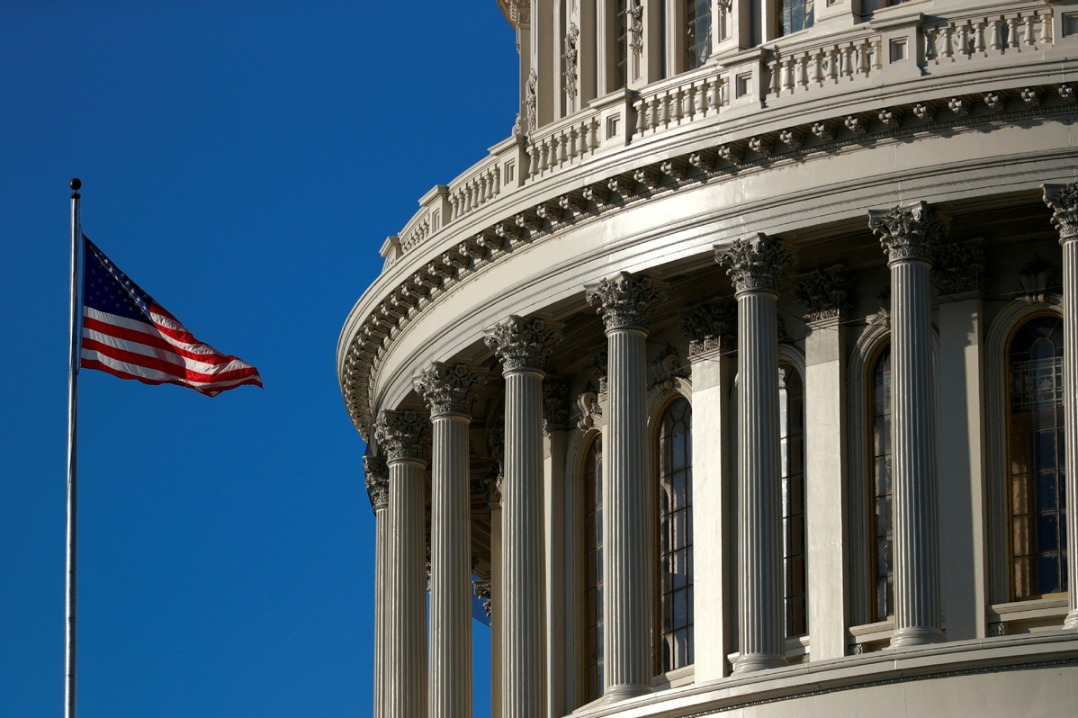Matter of time


BRICS expansion is inevitable in light of developed countries' unwillingness to give developing countries greater say in global governance, but will take efforts
Although BRICS has engaged several other nations under the rubric of "BRICS Plus "and "BRICS Outreach" summits, the group has remained cautious about adding new members.
Lately, however, expanding its membership has become a subject of discussion at the BRICS summits, especially those of 2013, 2017 and 2022 when China was the chair, as it is noticeably in favor of additional members. Russia and South Africa have also become increasingly agreeable though they believe no single nation should be allowed to decide on the new entrants. Brazil and India, on the other hand, are still cautious.
Nevertheless the die has been cast and expansion is bound to happen sooner rather than later. The Beijing Declaration from their 2022 summit, for instance, agreed on "promoting discussions … on the expansion process … to clarify the guiding principles, standards, criteria and procedures" in order to expand cooperation with other emerging markets and developing countries.
This sentiment for expansion was also visible in their 2021"terms of reference" for their Sherpas.
Five new nations could be joining BRICS in 2023 during the presidency of South Africa, which joined the original group of four BRIC countries in 2010.Applications from Iran and Argentina are already under consideration while Saudi Arabia, Turkiye and Egypt have begun the process of applying for membership.
Turkiye, in particular, is keen on fast forwarding the application process. In addition, Algeria, Bangladesh, Indonesia, Kazakhstan, Mexico, Nigeria, Pakistan, Sudan, Syria, the United Arab Emirates and Venezuela have also expressed interest in joining. Several of them participated in the May 2022 "BRICS Plus" foreign ministers' meeting convened by China.
Among the arguments in favor of expansion, BRICS remains under-represented in global financial governance. Collectively the five members account for more than 50 percent of global growth, 40 percent of global currency reserves, 25 percent of global GDP and 16 percent of world trade, and yet, they hold no more than 15 percent of the voting rights in both the World Bank and the International Monetary Fund.
BRICS' advocating for free, fair and equitable global commerce has made it the flag bearer of the aspirations of the Global South that believes its interests are not adequately protected under the existing global financial governance system. The BRICS' GDP is set to surpass the G7 economies' GDP by 2032 if not earlier.
However, the criteria for expansion may not be GDP or market size. The inclusion of South Africa was based on it being the gateway of BRIC into Africa, the next center of growth, and the inclusion of a country from the African continent would make BRICS global.
Today the criteria for inclusion may include geographical, civilizational and religious representation or resources. Indonesia, Iran, Egypt and Saudi Arabia could represent the Muslim countries, each one with its unique strengths. Saudi Arabia may also stand out as the world's largest oil exporting nation.
Consensus on expansion will also be constrained by intra-BRICS relations. The equation between the largest and second largest BRICS economies-China and India-is an apt example. Applications from Argentina or Pakistan may face serious trust deficit from Brazil and India.
The original logic of BRICS as "emerging economies" might be a problem for its current formation. Brazil, Russia and South Africa are not just smaller but face economic disruptions. During the pandemic years, even China and India saw periods of negative growth and a general slowdown.
But the Russia-Ukraine conflict and resultant volatility in food and fuel prices and shortages have provided a boost to BRICS expansion. The resultant rise in Russia's trade with other BRICS nations-especially with China and India-has revived their efforts at reducing their dependence on the US dollar through ruble-rupee and rubble-renminbi transactions.
The abrasive policies of the Donald Trump administration had already accelerated demands for BRICS to raise its voice on the international stage. The pandemic has further amplified those calls, exposing the West's "vaccine apartheid".Now, the Ukraine crisis has revealed the West's failure to stand united even in imposing economic sanctions.
Indeed, new revelations about food and energy leverages of several aspirant emerging economies over G7 nations have strengthened the conviction of BRICS to expand. Also, faced with Western sanctions, Russia is far more agreeable to expanding its circle of friends. But instead of heralding another Cold War, the expansion of BRICS is aimed at obtaining a greater say for the developing countries in global decision-making.
As post-pandemic resilience brings BRICS an opportunity to redefine global financial governance, BRICS has begun expanding beyond the time-tested "BRICS Plus" and "BRICS Outreach" summits to include new members. But an expanded BRICS will have neither the desire nor potential to become a counterweight to the G7 or the G20, or to disrupt financial institutions led by Western nations. BRICS expansion is making Western nations rethink their reluctance to make space for emerging economies, only further strengthening their realization that making space for emerging economies remains a prerequisite for making global financial governance inclusive, representative and effective.
The author is a professor of international relations at the Jawaharlal Nehru University, New Delhi, and currently a visiting professor at the University of British Columbia (Vancouver, Canada). The author contributed this article to China Watch, a think tank powered by China Daily. The views do not necessarily reflect those of China Daily.
Contact the editor at editor@chinawatch.cn


































